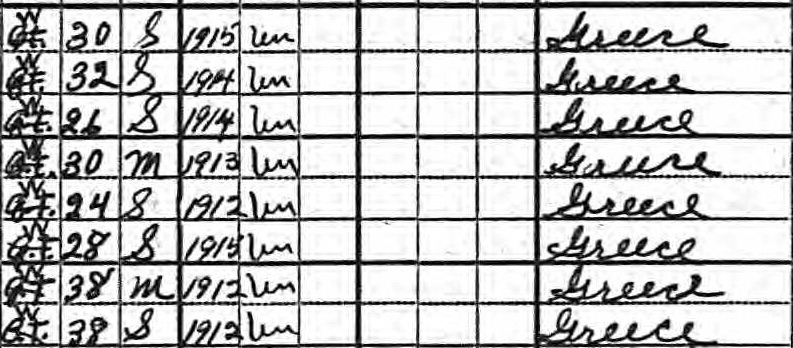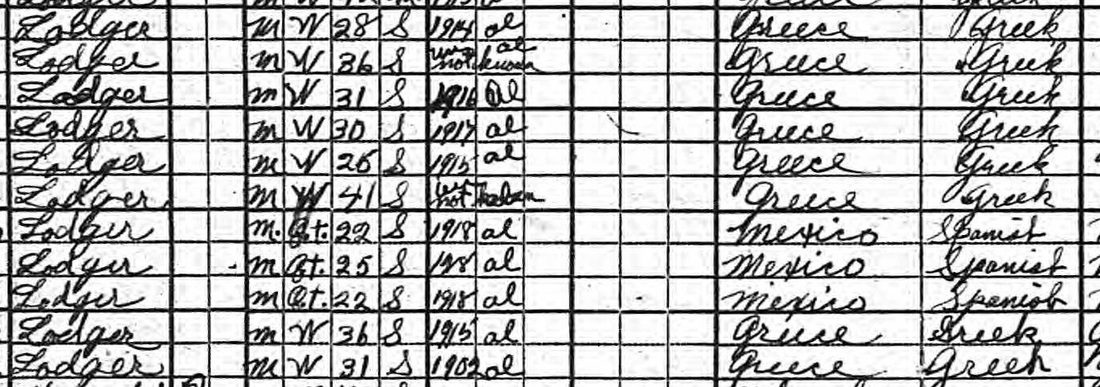|
My parents had a mixed marriage; Mom was a Republican, Dad was a Democrat. Now mind you, in the 1950s, that didn't mean much. The first President I remember was Eisenhower, and he would be considered a RINO by today's GOP base. My mom's family was decidedly Republican, as were many German Lutherans in the Midwest. My mom had little use for Catholics and Jews, but of course that was expressed in the nicest midwestern way ("not our kind", and a tendency to point out which Hollywood stars were Jewish, even when the information was a complete non sequitur). When she moved to Maryland in the 1980s, she had several Black friends; I know, because she never failed to identify them as "my Black friend so-and-so." My dad, raised below the Mason-Dixon line in southern New Jersey, had grown up in a small town that sanctioned interracial friendships but not interracial dating or marriage. He idolized Satchel Paige, Louis Armstrong, and Lionel Hampton, but he also laughed at Amos and Andy and told racist jokes. I have seen a picture of him in blackface for a minstrel show in Port Norris. But his dad trained young Black men as typesetters and printers and sold his print shop to one of them when he retired, to the disapproval of his wife and many of his neighbors. So, like many white Americans, my personal history with race and racism is complicated. So is the racial history of North Platte. I am a huge fan of Ta-Nehisi Coates, and his take on the social construction of race. In Between the World and Me, he uses the phrase "people who call themselves white", which underscores the historical fact that many groups who are now considered white were once not considered part of that privileged and protected group. (And, I might point out, the legal and social history of those privileges and protections, from personhood to public accommodation, to voting rights.) This is how complicated it was in 1920. The local census enumerator, Mary Durbin, had a bit of trouble assigning racial categories to two particular groups: Mexicans and Greeks. Compare these entries: Over the forty or so pages of Mrs. Durban's enumeration, the Greeks became White and the Mexicans became Other. That is how slippery a thing this thing called "race" is. And what about me, in 2016? I call myself White; my ancestors came from Germany, England, Ireland, Scotland, and -- surprisingly -- Sweden and Italy. I, too laughed at Amos and Andy and listened to Louis Armstrong. I danced to the Temptations, and read Uncle Remus stories. I sang "My Old Kentucky Home" and "Old Black Joe" in school choir. I also voted for Barack Obama (twice) and follow Charles Blow, Joy Reid, and Van Jones on Facebook and Twitter. I think reparations need to be part of any discussion about racial reconciliation. We need to be as familiar with our nation's white supremacist past as with the civil rights movements that have struggled against it. We need to know white supremacy when we see it, whether in everyday interactions or national news. Would my views of race and racism would be the same if I had lived my whole life in North Platte? I would like to believe the answer would be "yes", but in my heart of hearts I know that is unlikely. The harder question to answer is how much of the racism I learned long ago still lingers in me.
Comments are closed.
|
Archives
January 2023
Categories
All
|



 RSS Feed
RSS Feed